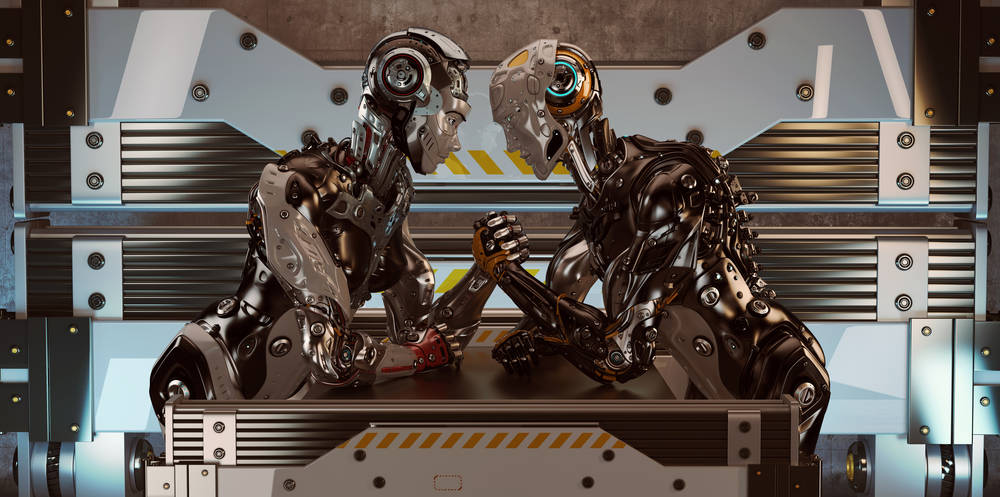
‘Humans are going to be a lot less visible … will be just one species of intelligent beings’
Defense Expert: Future Wars Will Depend on Robot Soldiers
The notion of deploying armed human soldiers on the ground to fight wars will disappear over time, according to one of America’s top military scientists.
“We have to get used to the radical idea that we, human beings, will be just one species of intelligent beings,” Alexander Kott, chief of the Network Science Division of the U.S. Army Research Laboratory, told the Conference on Applied Machine Learning for Information Security (CAMLIS) on Friday.
Kott predicted a dystopian future, in which human warriors share the battlefield with intelligent agents in the form of robots, sensors, smart weapons, autonomous vehicles and wearable gizmos. These exist today to some degree, but will be much more intelligent, and use machine-learning software to automatically take in fresh information and make decisions in a constantly changing environment.
“It’s coming and will be a reality in 20 years,” Kott said. “Humans are going to be a lot less visible and we will get used to it.”
Cyber warfare is increasing, meanwhile, and foreign adversaries are attacking national grids, banks and other private entities, he claimed. It’s a future that provides ample opportunity for using AI to analyze and counter incoming attacks. Instead, Kott envisions a future where AI entities do most defense work. Autonomous agents will actively patrol computer networks to detect any abnormal activities faster than humans can, and destroy enemy malware without getting a human out of bed.
The U.S. Army Research Laboratory is working on these sorts of projects, although today’s AI technology won’t be enough to make Kott’s vision a reality. He identified key problem areas, which he called the “five Ds” – dinky, dirty, dynamic, deceptive, and data.
Some inputs to future systems will also be deceptive. Neural networks are susceptible to adversarial data, and can create deceptive data themselves. The systems will also have to learn to adapt to a dynamically changing environment.
Katyanna Quatch wrote the original article.
read more at theregister.co.uk

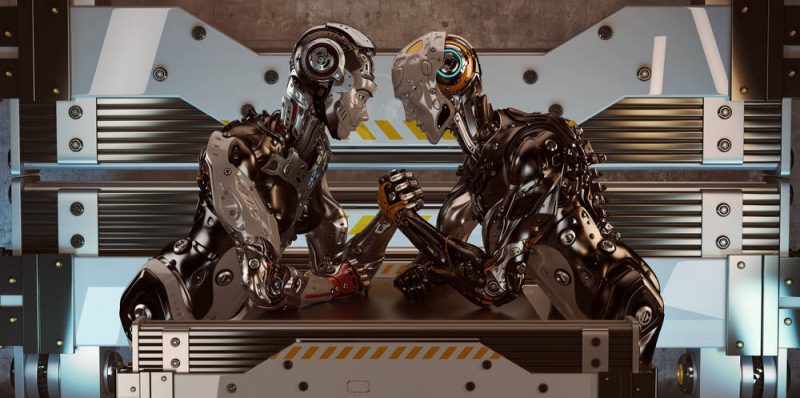
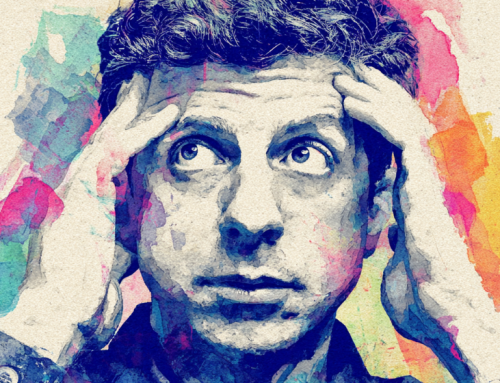

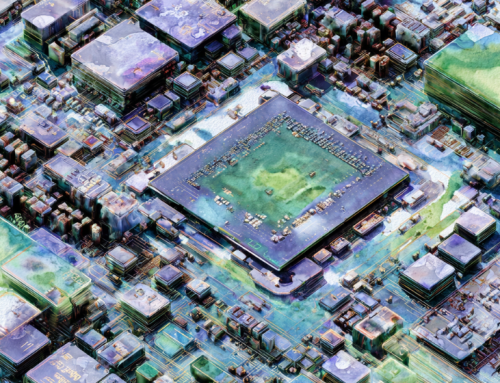
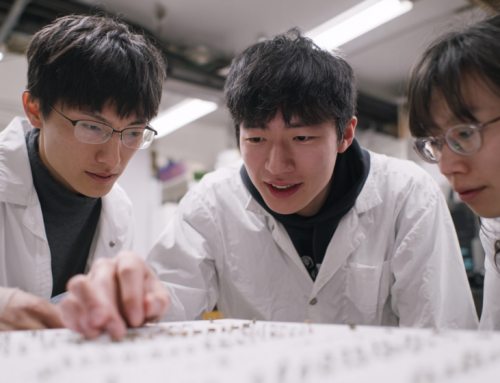
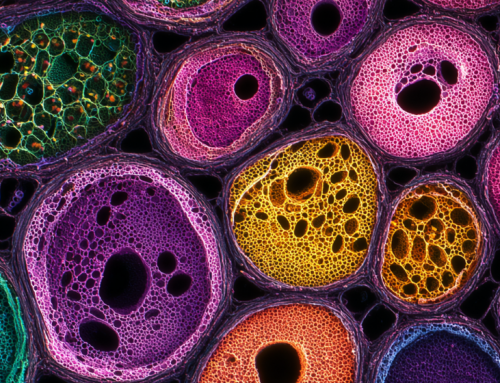

Leave A Comment